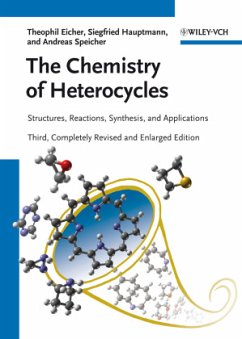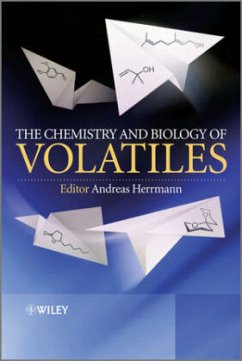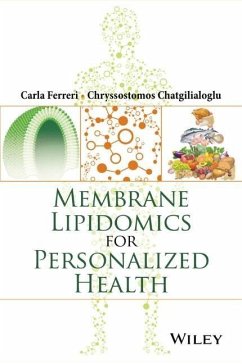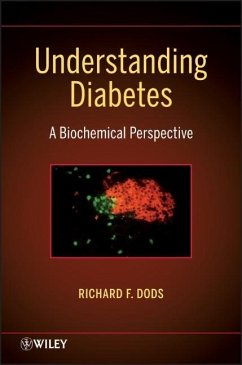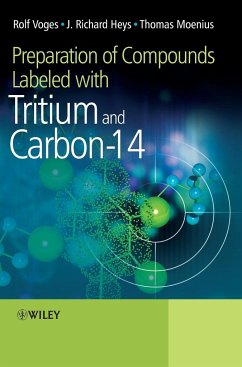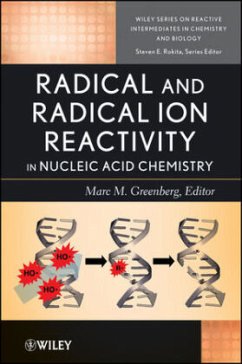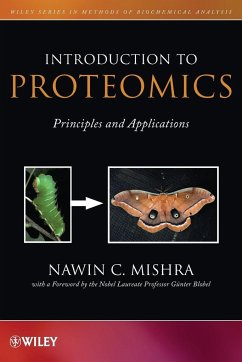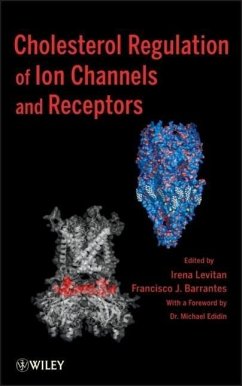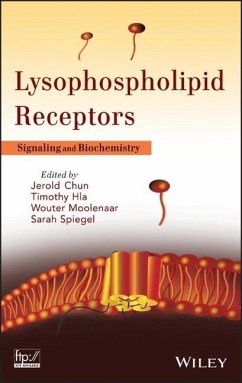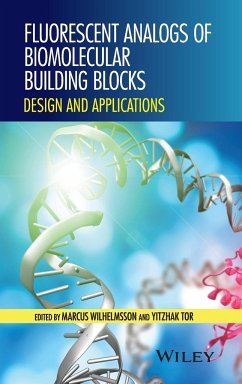Nicht lieferbar
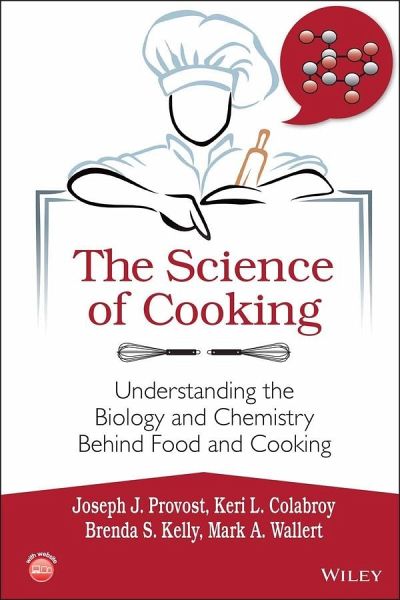
The Science of Cooking
Understanding the Biology and Chemistry Behind Food and Cooking
By Joseph J. Provost, Brenda S. Kelly, Kerry L. Colabroy , Mark A. Wallert
Versandkostenfrei!
Nicht lieferbar
Written as a textbook with an online laboratory manual for students and adopting faculties, this work is intended for non-science majors / liberal studies science courses and will cover a range of scientific principles of food, cooking and the science of taste and smell. Chapters include: The Science of Food and Nutrition of Macromolecules; Science of Taste and Smell; Milk, Cream, and Ice Cream, Metabolism and Fermentation; Cheese, Yogurt, and Sour Cream; Browning; Fruits and Vegetables; Meat, Fish, and Eggs; Dough, Cakes, and Pastry; Chilies, Herbs, and Spices; Beer and Wine; and Chocolate, Candy and Other Treats. Each chapters begins with biological, chemical, and /or physical principles underlying food topics, and a discussion of what is happening at the molecular level. This unique approach is unique should be attractive to chemistry, biology or biochemistry departments looking for a new way to bring students into their classroom. There are no pre-requisites for the course and the work is appropriate for all college levels and majors.




